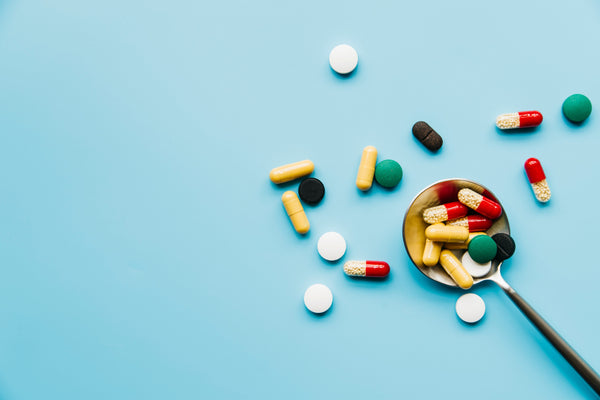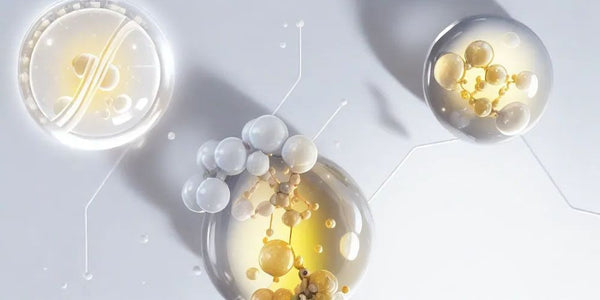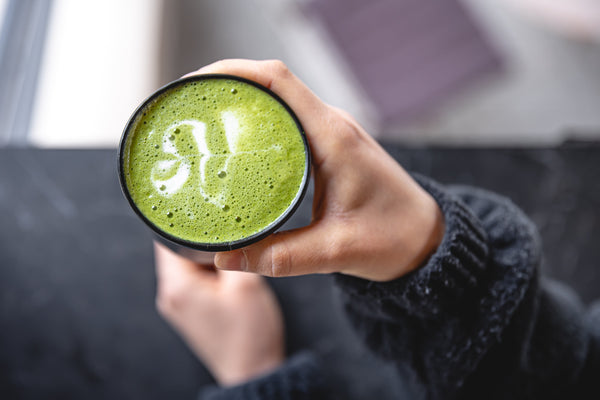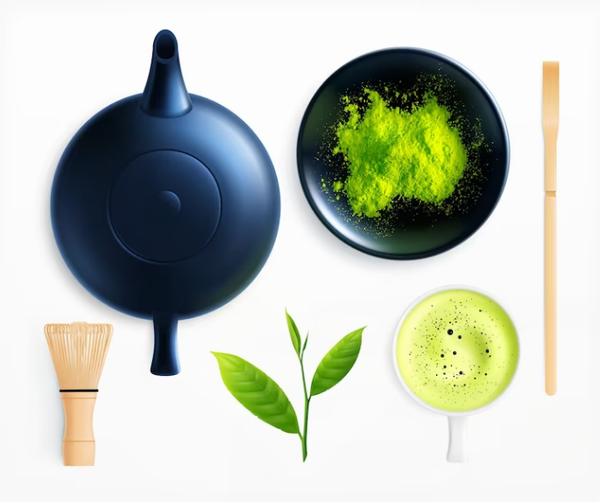
Detox diets are known for their amazing benefits for weight loss, bloating, flatulence, and removing toxins from your body. These diets are usually undertaken for around three-seven days and can even go upto two weeks sometimes. People opt for supplements and packaged products, however, most people simply go with a diet restrictive of certains foods and including others.
There is no dearth of dietary plans for detox available out there, however, there is a shortage of scientific evidence supporting the same. And so, in this article, we take a look at the pros and cons of a detox diet in detail before you decide to take it on.
Pros & Cons of Detox Diet
A detox diet mainly consists of eliminating solid foods and adding healthy juices and fruits to your diet. This supposedly allows your digestive system a break - by letting it heal and promotes better absorption of nutrients. But how true are all the claims pertaining to a detox diet. Let’s take a look.Pros
The pros of a detox diet vary from weight loss to better sleep and skin, among others. Let’s take a detailed look at them below.● Weight Loss: There are many different ways in which a detox diet plan can help amplify your weight loss goals. This happens because when you reduce your carbohydrate intake in the form of solid food, your body sheds on some extra weight. A low carbohydrate diet also leads to water loss and thereby helps your weight loss process.
● Short-term Benefits: A detox diet plan also offers a range of short term benefits, which may turn out to be a precursor to following a healthier diet in the long run. Dietary changes can help improve your sleep, as per research. At the same time, it may also improve your skin health, as a nutritious diet directly impacts our digestion and therefore skin. However, the reason why these changes may be short term is because they are all diet related, once you switch back to fatty foods and caffeinated beverages, it is very likely that these benefits would also reverse.
● Positive Change in Habits: When we consume a diet rich in starchy, salty or sweet foods, our body falls into a routine and craves for more of the same. This leads to bloating, gas, acidity, and other digestive issues, as it puts our body out of sync. When you take on a three-seven days detox, it not only helps you to clear out your water weight, but also improves your eating habits, and thereby gives you a necessary rest. At the same time, it may help you to set up a better change of diet for yourself in order to look and feel better in the long run.
Cons
Having discussed the advantages of a detox diet, it is also important to consider how they may be harmful for us. There is a reason why health experts, nutritionists, etc., are hardly ever in favor of taking up extreme diet plans; below we take a look at why.
● Extreme Restrictions: Detox diets can be very restrictive in terms of what you eat and what you can’t. Some are even as stringent as restricting calorie intake to a few hundred calories a day. There are certain detox diets that only allow the intake of lemon juice or tea several times a day, this is known as the ‘master clean’. This restricts your daily intake of calories at around 500-700 per day, which is far lower than daily recommended caloric intake by an adult everyday. This can lead to certain health complications, when not done under proper medical supervision. There are also studies that believe a high calorie restrictive diet can also promote binge eating in the long run.
● Health-safety Threat: If inadequate caloric intake is one disadvantage of a detox diet, then another is for those who suffer from a chronic condition like diabetes or kidney problems. Consuming too many juices in a day can be a problem for various reasons, but primarily because of high sugar and low nutrient intake. To top it off, people with stomach problems, colon issues, kidney disease or a heart condition are not medically suggested to undergo a hectic diet or anything that is different from what is prescribed to them. At the same time, if you are consuming juices that haven’t been pasteurized or treated, you are also opening yourself to health risks, especially if you are elderly or sick, or have a weakened immune system.
● Lack of Scientific Evidence: There is little to no data supporting the benefits of a detox diet. Most of the studies that even exist have all been done on animals or done by manufacturers who want to promote their respective products. On the other hand, there are many studies that question the need and efficacy of a detox diet, thereby making them even more doubtful. There are also studies that suggest the weight loss caused as a result of a detox diet is reversible and can in fact lead to weight gain once a normal diet is undertaken.
● Reduced Energy Levels: One very common con of a detox diet is that it leads to energy loss. By completely eliminating carbs from your diet, a detox diet causes fatigue, as carbs provide your body with energy. Low caloric intake can also cause weakness, dehydration, and headaches, among other things. People who are consuming too many laxatives while on a detox diet may also suffer from diarrhea, so much so as to lead to dehydration.

Having discussed the pros and cons in detail, you should now make a decision keeping everything in mind. Whether you go on a detox diet or not, you can always add nutritional supplements to your diet that make sure you remain healthy and fit as you go. One such amazing supplement comes from the Wellbeing Nutrition family - Daily Greens - a powerful dietary supplement, made up of green vegetables and fruits, ensures that your immune system works efficiently and you do not suffer from any deficiencies.
References
● “Detoxes” and “Cleanses”: What You Need To Know (https://www.nccih.nih.gov/health/detoxes-and-cleanses-what-you-need-to-know)
● Klein AV, Kiat H. Detox diets for toxin elimination and weight management: a critical review of the evidence. J Hum Nutr Diet. 2015 Dec;28(6):675-86. doi: 10.1111/jhn.12286. Epub 2014 Dec 18. PMID: 25522674. (https://pubmed.ncbi.nlm.nih.gov/25522674/)
● Jung SJ, Kim WL, Park BH, Lee SO, Chae SW. Effect of toxic trace element detoxification, body fat reduction following four-week intake of the Wellnessup diet: a three-arm, randomized clinical trial. Nutr Metab (Lond). 2020;17:47. Published 2020 Jun 22. doi:10.1186/s12986-020-00465-9 (https://www.ncbi.nlm.nih.gov/pmc/articles/PMC7310262/)
● Davisson L, Sofka S. "Cleanse" detoxification diet program in Appalachia: Participant characteristics and perceived health effects. J Complement Integr Med. 2019 Sep 17;17(2):/j/jcim.2020.17.issue-2/jcim-2018-0174/jcim-2018-0174.xml. doi: 10.1515/jcim-2018-0174. PMID: 31536033. (https://pubmed.ncbi.nlm.nih.gov/31536033/)
● Kim JA, Kim JY, Kang SW. Effects of the Dietary Detoxification Program on Serum γ-glutamyltransferase, Anthropometric Data and Metabolic Biomarkers in Adults. J Lifestyle Med. 2016;6(2):49-57. doi:10.15280/jlm.2016.6.2.49 (https://www.ncbi.nlm.nih.gov/pmc/articles/PMC5115202/)
● Obert J, Pearlman M, Obert L, Chapin S. Popular Weight Loss Strategies: a Review of Four Weight Loss Techniques. Curr Gastroenterol Rep. 2017 Nov 9;19(12):61. doi: 10.1007/s11894-017-0603-8. PMID: 29124370. (https://pubmed.ncbi.nlm.nih.gov/29124370/)
● Henning SM, Yang J, Shao P, et al. Health benefit of vegetable/fruit juice-based diet: Role of microbiome. Sci Rep. 2017;7(1):2167. Published 2017 May 19. doi:10.1038/s41598-017-02200-6 (https://www.ncbi.nlm.nih.gov/pmc/articles/PMC5438379/)



























 DOWNLOAD NOW
DOWNLOAD NOW
